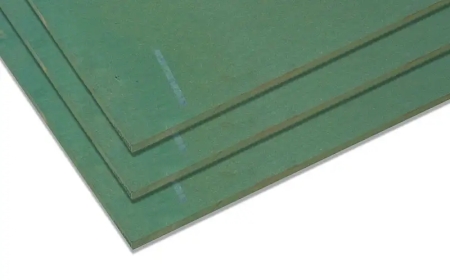Karl Marx on Class Struggle: Understanding the Core of Historical Change
Understand Karl Marx’s theory of class struggle, historical materialism, and the conflict between bourgeoisie and proletariat in capitalist society.

Karl Marx, one of the most influential philosophers and economists of the 19th century, is best known for his groundbreaking theory of class strugglea central concept that forms the foundation of Marxist thought. According to Marx, history is not a collection of random events but a continuous struggle between oppressor and oppressed classes. This idea, rooted in material conditions and economic relations, has influenced revolutionary movements, labor policies, and political ideologies across the globe.
? What Is Class Struggle According to Karl Marx?
Marx believed that society has always been divided into antagonistic classesthose who own the means of production and those who do not. In his own words, from The Communist Manifesto (co-authored with Friedrich Engels):
The history of all hitherto existing society is the history of class struggles.
These struggles are not just social or politicalthey arise out of the economic structure of society. Marx categorized this structure into two primary classes under capitalism:
-
Bourgeoisie: The capitalist class who owns the factories, machines, land, and resources.
-
Proletariat: The working class who sell their labor to survive.
?? Class Conflict in Capitalism
In capitalist society, the bourgeoisie extracts surplus value from the proletariat, meaning that workers are paid less than the value of their labor. This leads to exploitation and alienationtwo key concepts in Marxs critique of capitalism.
Marx predicted that this contradiction would eventually lead to a revolution, where the working class would rise up, overthrow the capitalist system, and create a classless, communist society.
? Historical Materialism and Class Struggle
Marx's theory of historical materialism supports the idea that material (economic) conditions determine the structure of society. The mode of productionfeudalism, capitalism, socialismdetermines how people live, work, and relate to each other.
With each stage in history, class struggles push society forward:
-
Feudalism ?? Nobility vs. Serfs
-
Capitalism ?? Bourgeoisie vs. Proletariat
-
Socialism ?? Dictatorship of the Proletariat (transitional phase)
-
Communism ?? Classless society
? Relevance of Class Struggle Today
Even in the 21st century, Marxs theory remains relevant. From rising income inequality and corporate monopolies to labor rights and anti-capitalist movements, class-based conflicts are still central to political discourse.
Movements like Occupy Wall Street, global protests against austerity, and debates about universal basic income reflect Marxist themes of exploitation and inequality.
? Criticism of Marxs Class Struggle Theory
While widely influential, Marxs ideas are not without criticism:
-
Critics argue that class is no longer the only axis of inequalitygender, race, caste, and identity also matter.
-
The collapse of communist regimes in the 20th century has led many to question the practicality of Marxs solutions.
However, scholars continue to find value in Marxs critique of capitalism and his call for economic justice.
? Conclusion
Karl Marxs theory of class struggle remains a cornerstone of political thought. It challenges us to look beyond surface-level politics and examine the economic forces that shape society. Whether one agrees or disagrees with his predictions, his insights into power, inequality, and resistance have stood the test of time.
? For a full academic breakdown, detailed notes, and historical context, check out:
? Karl Marx On Class Struggle



























-1744728435835.webp)





